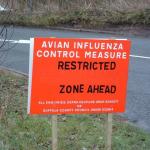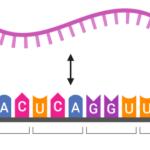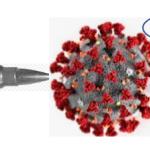Moderna
When it comes to clinical trials of a norovirus vaccine – something that has been ongoing since the 1970s, it's the Wild West. The early vaccines were crude and the outcomes has been universally dismal.
Post-marketing surveillance of Pfizer’s and Moderna’s COVID vaccination has identified a possible association between its use and subsequent episodes of myocarditis and pericarditis – two forms of heart inflammation.
It's been a tough time to be an anti-vaxxer, and it just got tougher.
Let's say that there was an upper respiratory bug going around. If you caught it life wouldn't exactly be nirvana, but after a few days in bed with a low-grade fever, stuffy nose, and cough you'd be back to work.
Over the past several days, the world has received monumentally good news: Vaccines exist against the coronavirus, and they are effective. Even better, vaccines are being developed by multiple companies.
Not in our wildest imagination would anyone have thought that we would have two 90+% effective COVID vaccines by mid-November. Most vaccine experts were estimating 50%, maybe 70% if everything went right. Wow!









